Traditional Christmas Customs In Greece
- by XpatAthens
- Monday, 16 December 2024

Christmas in Greece is a vibrant tapestry of customs and rituals steeped in history and tradition. From kalanda to festive family dinners, there are numerous practices that highlight the country’s deep cultural roots and festive spirit.
1. The Christmas Boat (Karavaki)
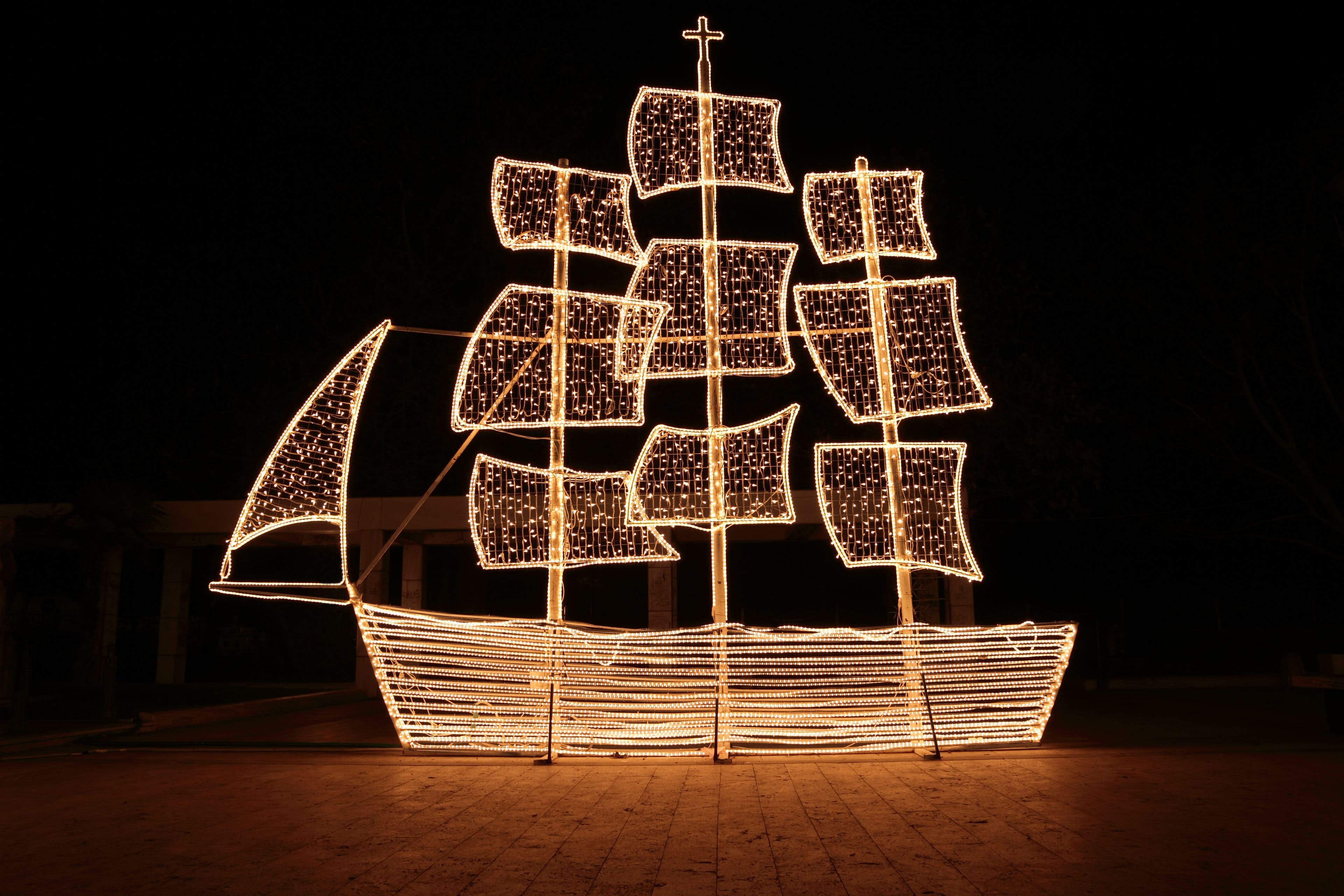

One of the most distinctive symbols of Christmas in Greece is the decorated boat, or “karavaki.” In coastal and island communities, boats are adorned with lights and ornaments, a tradition that predates the introduction of Christmas trees. This custom reflects Greece’s maritime heritage and serves as a tribute to sailors and the sea. Today, while Christmas trees have become popular, the karavaki remains a beloved symbol, especially in island regions such as the Cyclades and Dodecanese.
2. The Burning of the Christmas Log (Christoxylo)
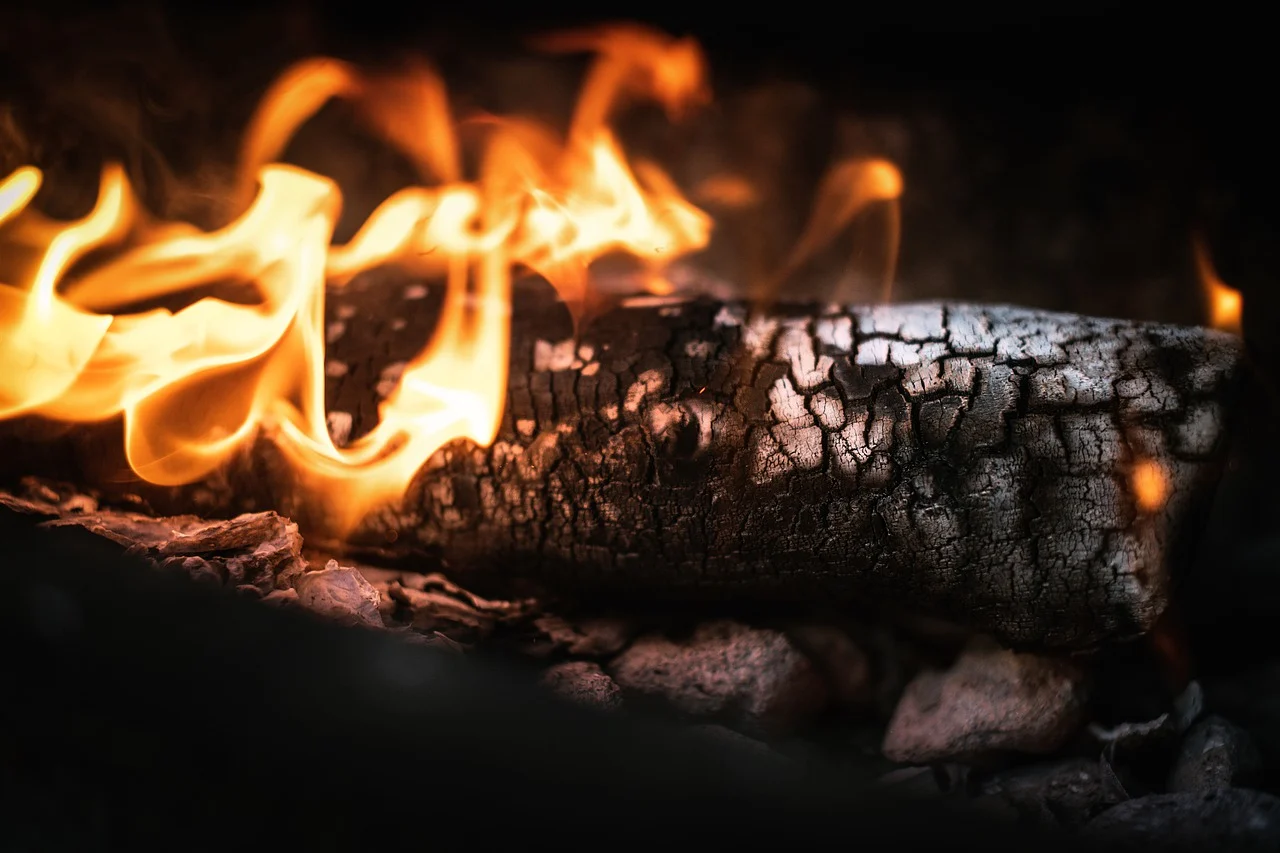

Known as “christoxylo,” this tradition involves burning a large log in the fireplace throughout the twelve days of Christmas (December 25 to January 6). The log symbolizes warmth, light, and protection from evil spirits. This practice has its origins in pre-Christian solstice rituals, which celebrated the return of longer days and the renewal of life.
3. Kallikantzaroi: The Mischievous Goblins
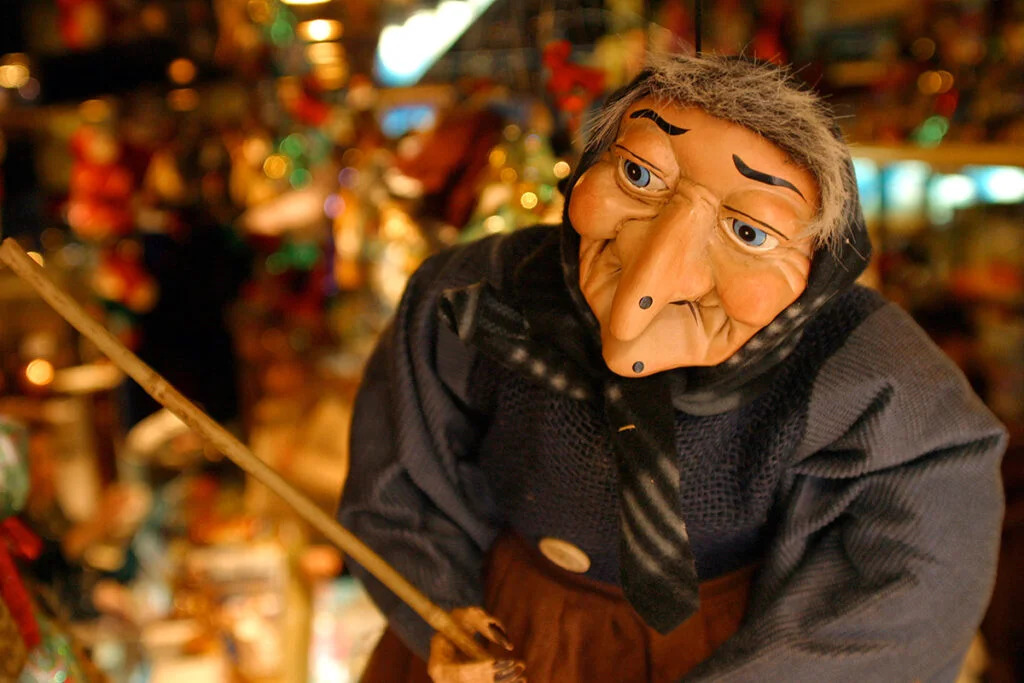

According to Greek folklore, the twelve days of Christmas are a time when “kallikantzaroi,” or mischievous goblins, emerge from the underworld to wreak havoc. These impish creatures are said to cause trouble in homes and villages. To ward them off, families burn incense, hang garlic by their doors, or leave colanders outside. The belief is that the goblins, obsessed with counting, will waste time counting the holes in the colander until sunrise chases them away.
4. The Feast of Agios Vasilis (Saint Basil)


In Greece, New Year’s Day is dedicated to Saint Basil (Agios Vasilis), a figure similar to Santa Claus. Families bake a special cake called “vassilopita,” which contains a hidden coin. During the cutting of the cake, slices are distributed to family members, with one piece reserved for the house and another for the poor. Whoever finds the coin in their slice is believed to have good fortune in the coming year.
5. Epiphany & the Blessing of the Waters
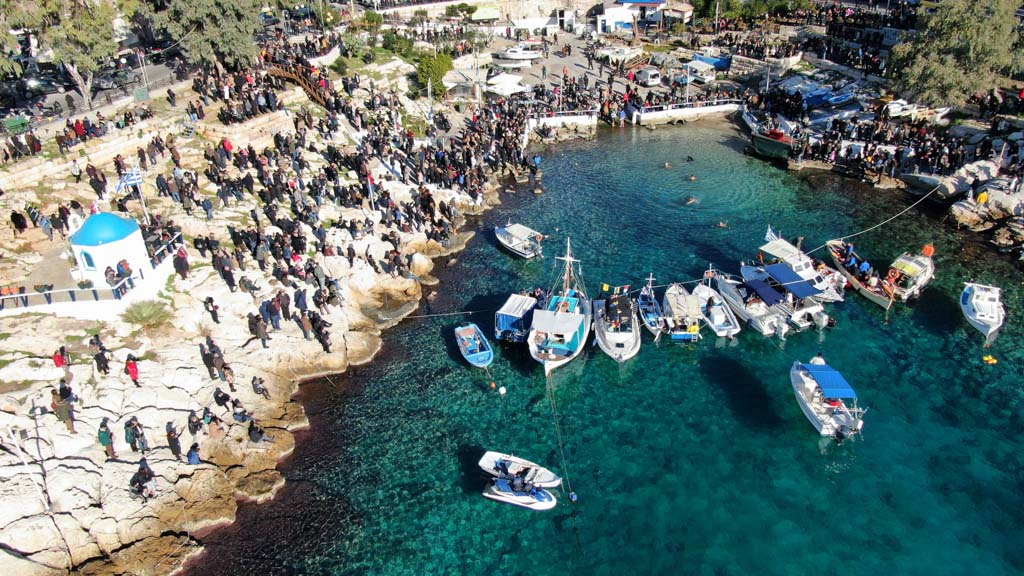

Epiphany, or “Theofania,” is celebrated on January 6 and marks the baptism of Christ. A central event of this day is the blessing of the waters. Priests bless rivers, lakes, or seas by throwing a cross into the water. Young men dive in to retrieve the cross, and the one who retrieves it is said to receive special blessings for the year. This tradition underscores the importance of water in Greek culture and its symbolism of purification and renewal.
6. Evil Spirits & Protective Rituals
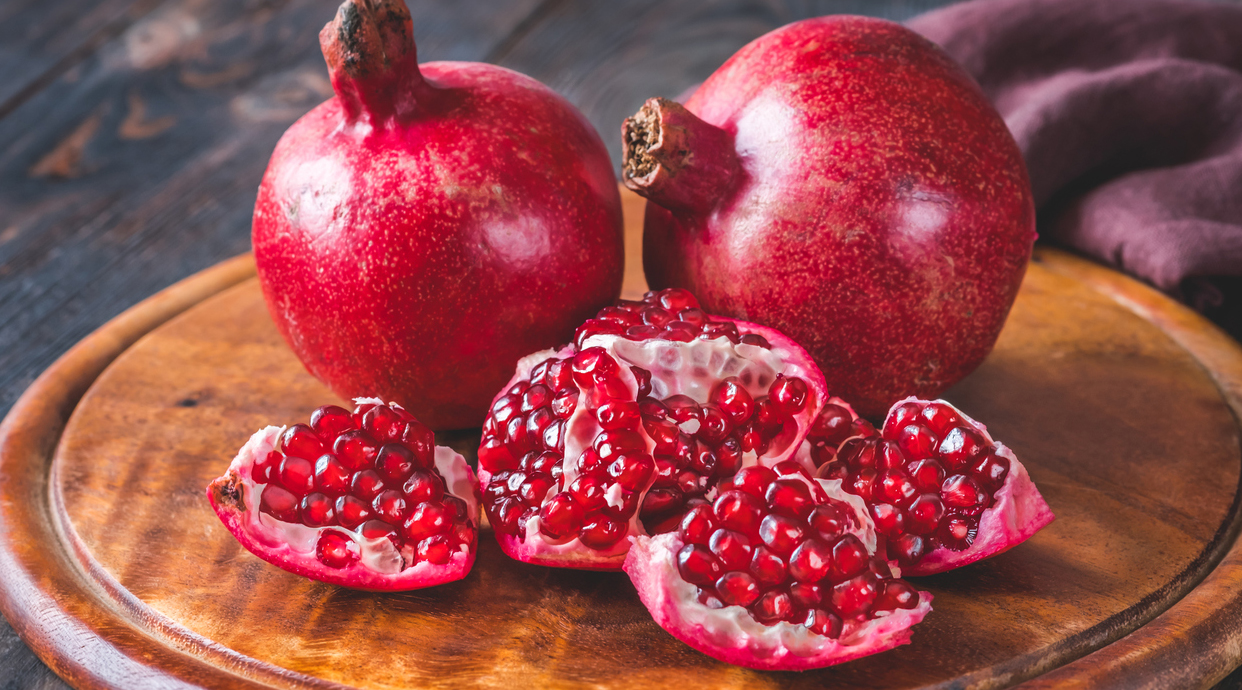

To protect their homes from kallikantzaroi and other malevolent forces, Greek families practice several rituals. Burning incense, breaking pomegranate, lighting candles, and leaving food offerings are common practices. These rituals harken back to ancient pagan customs that sought to harmonize the natural and supernatural worlds.
7. Traditional Foods & Festive Feasts
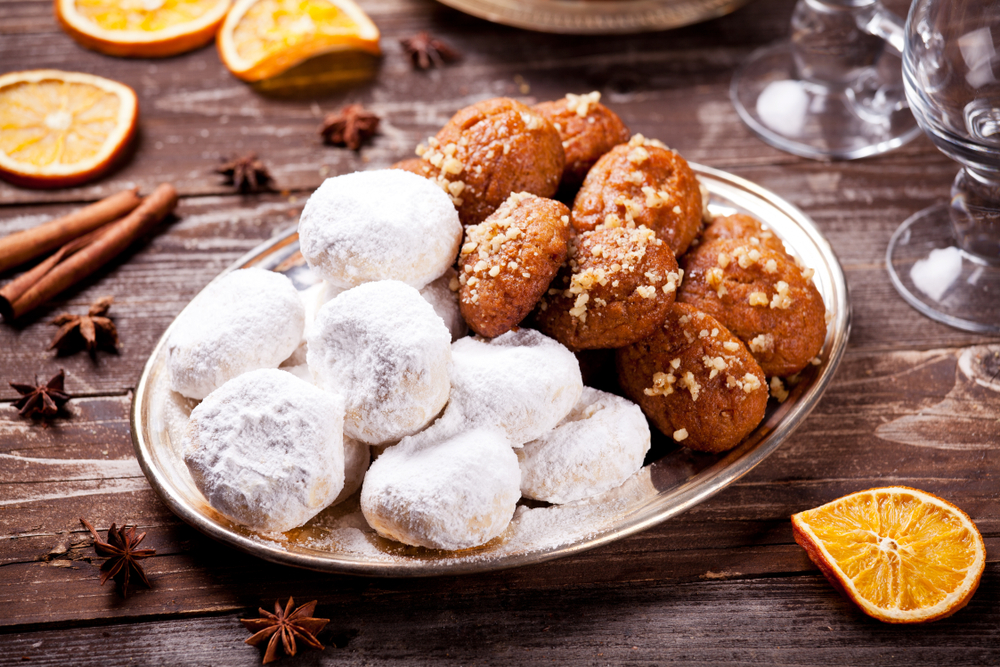

Greek Christmas celebrations are also marked by an array of delicious foods that vary by region. Common dishes include:
- Christopsomo (Christ’s Bread): A special bread decorated with symbols of the family’s livelihood.
- Melomakarona: Honey-dipped cookies spiced with cinnamon and cloves.
- Kourabiedes: Almond shortbread cookies dusted with powdered sugar.
- Roast Lamb or Pork: Often the centerpiece of the Christmas Day meal.
- Vasilopita: The New Year’s cake, baked in honor of Saint Basil.
These foods not only nourish the body but also serve as offerings of gratitude and symbols of abundance.
The Spirit of Greek Christmas Today
While some traditions have evolved or faded over time, many of these customs remain central to Greek Christmas celebrations. They are a testament to the country’s ability to blend ancient and Christian practices into a cohesive and meaningful holiday season. For Greeks, Christmas is not just a time for gift-giving and feasting but also an opportunity to honor their heritage, strengthen family bonds, and welcome blessings for the year ahead.


